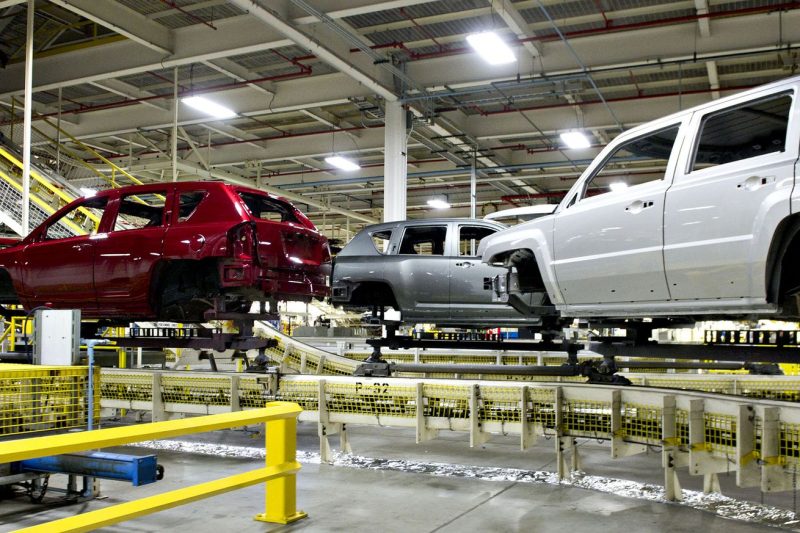Automotive industry enthusiasts and environmental advocates have reason to celebrate as shuttered auto plants across the United States are set to receive a new lease of life. President Biden’s ambitious $1.7 billion program aims to transform these dormant factories into state-of-the-art facilities dedicated to the production of electric vehicles (EVs). This initiative not only promises to revitalize local economies but also signals a significant shift towards sustainable transportation solutions.
The decision to repurpose these auto plants for EV production could not have come at a more crucial time. With growing concerns about climate change and the urgent need to reduce greenhouse gas emissions, the transition to electric vehicles has become a global priority. By investing in EV manufacturing facilities, the Biden administration is not only fostering innovation and job creation but also driving the nation towards a more sustainable future.
One of the key advantages of converting shuttered auto plants into EV factories is the utilization of existing infrastructure. These facilities are already equipped with the necessary resources and expertise for large-scale manufacturing, making the transition smoother and more cost-effective. By repurposing these plants, the government is able to maximize their potential while minimizing the environmental impact of building new facilities from scratch.
Furthermore, the shift towards EV production is expected to create a ripple effect across the supply chain. As demand for electric vehicles continues to rise, suppliers of key components such as batteries, motors, and charging infrastructure will benefit from increased business opportunities. This, in turn, could stimulate further investment in research and development, leading to advancements in EV technology and driving down costs for consumers.
In addition to environmental and economic benefits, the transition to EV manufacturing also presents an opportunity to retrain and upskill the workforce. By providing training programs and educational resources, auto plant workers can adapt to the changing industry landscape and acquire the skills needed for the production of electric vehicles. This investment in human capital not only ensures a smooth transition for workers but also fosters a competitive and sustainable workforce for the future.
In conclusion, the decision to repurpose shuttered auto plants into EV factories represents a significant step towards a greener, more sustainable future. By tapping into existing infrastructure and expertise, the Biden administration is not only driving innovation and job creation but also accelerating the transition to electric vehicles. As these factories come back to life, they symbolize a new era of clean energy and technological advancement in the automotive industry, paving the way for a more sustainable and prosperous future for generations to come.






















